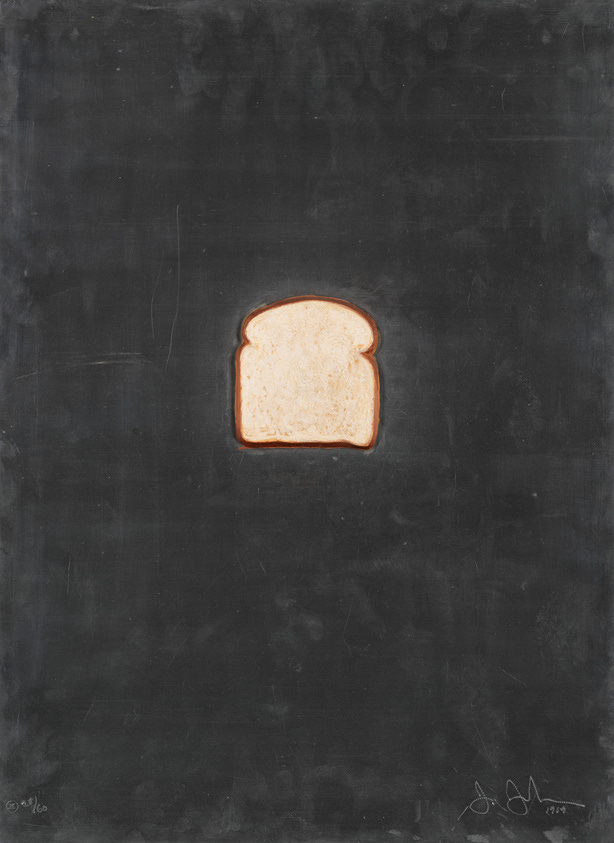
The Wordloaf Friday Bread Basket, a weekly roundup of links and items relating to bread, baking, and grain, is back, at long last. Gonna do my best to send it out every week, though as I get closer to my book deadline at the end of the year, we shall see. I have a huge backlog of items to share after nearly two months away, so let’s get right to it.
Mr. Jones
The one-and-only Dr. Stephen Jones, founder of the Breadlab at Washington State University, recently hung up his scythe. Under his leadership, the Breadlab has become one of the world’s most important hubs for grain breeding and baking research. Jones is a legend, and the bread world owes him a great debt for all of his innovations and tireless work for farmers, millers, bakers, and lovers of bread.
King Arthur has had a relationship with the Breadlab from its earliest days, and even has a West Coast campus of its Baking School in the same facility. They recently shared a list of milestone moments on their collaboration with Jones as a tribute to the man:
"Dr. Jones' dedication to sustainable agriculture and innovative research has enriched our lives and elevated the craft of baking," adds Suzanne McDowell, King Arthur’s Vice President of Corporate Social Responsibility and Sustainability. "His work will forever inspire, nourishing our present and shaping a better future for all."
Desperately seeking sumac
Writer Jonathan Kauffman chronicled his efforts to make the Levantine spice blend za’atar using plants grown locally to him. He recently began growing za’atar—the many-specied, nebulous herb often called “wild thyme”—in his yard. “Sicilian” sumac (Rhus coriaria), it’s traditional partner, has a close relative in the US, the “staghorn” sumac (Rhus typhina). But it is not native to the Pacific Northwest, so Kauffman had to appeal to gardeners who were growing it locally as an ornamental:
So I searched for sumacs on the Portland Street Tree Inventory map — yes, this is easy to do, and no, I'm not going to tip my hand at the other edibles I'm cyberstalking. Then I dragged Christian around the neighborhood to spy on addresses where staghorn sumacs had been spotted. No luck. Chopped down. Too spindly. Too close to someone’s front door.
Weeks after I gave up, I spotted a flourishing sumac in Kenton. I wrote down the address, then mailed a postcard explaining my mission. The homeowner eventually texted me back to say I could take a few staghorns from the side of the bush that faced away from his front window. “We like to see the red rockets,” he wrote.
If you suddenly and unexpectedly feel joy,
don’t hesitate. Give in to it. There are plenty
of lives and whole towns destroyed or about
to be. We are not wise, and not very often
kind. And much can never be redeemed.
Still, life has some possibility left. Perhaps this
is its way of fighting back, that sometimes
something happens better than all the riches
or power in the world. It could be anything,
but very likely you notice it in the instant
when love begins. Anyway, that’s often the
case. Anyway, whatever it is, don’t be afraid
of its plenty. Joy is not made to be a crumb.
—Mary Oliver, Don’t Hesitate
The baker man
Scholar of bread and baking Michael Hanson has started a newsletter to share his knowledge and years of experience traveling the world (particularly in the Levant) in search of bread wisdom, and I think that it’s one most Wordloaf subscribers will want to follow. This is from his first post, which outlines what he has in store:
There has always been a special sacramental relationship between bread and humans. This evolved over the 10,000 years since humans began to farm and create communities; in effect, wheat created civilisation, hence the importance of bread in all three monotheistic religions. This sacramental relationship has been weakened by urbanisation, for although this initially led to greater religiosity, the long term secularisation of society and the invention of the Chorleywood Bread Making process in 1961, which allowed for the industrial production of bread from industrially grown wheat, has rendered our current relationship with bread as simply carbohydratatory (sic). After 200 years of industrial revolution and 50 years of industrial agriculture the covenant has been broken; we have sterile soil and seed hegemony. Humans have evolved to the point where we are eating unholy bread that is destroying us and growing unhealthy wheat that is destroying the earth. If we restore the sacramental relationship by eating good honest bread, then we can begin the process of restoring the sacred relationship between humans and the earth.
Michael lives in Georgia (the Republic), and is in the process of restoring the traditional Slavic bakery he purchased, to serve as a community bakehouse and a center of bread learning. He’s started a crowdfunding campaign to help cover the costs, in case you are inclined to donate.
As seen here, on Bluesky. In case you miss the old, pre-Nazi Twitter, Bluesky might just be the thing yo’ve been waiting for. It’s got a growing and vibrant bread community, posting under the tag #breadsky, and it’s where I social-mediate most these days. Join us!
That’s it for this week’s bread basket. Have a peaceful weekend everyone, see you all next week.
—Andrew




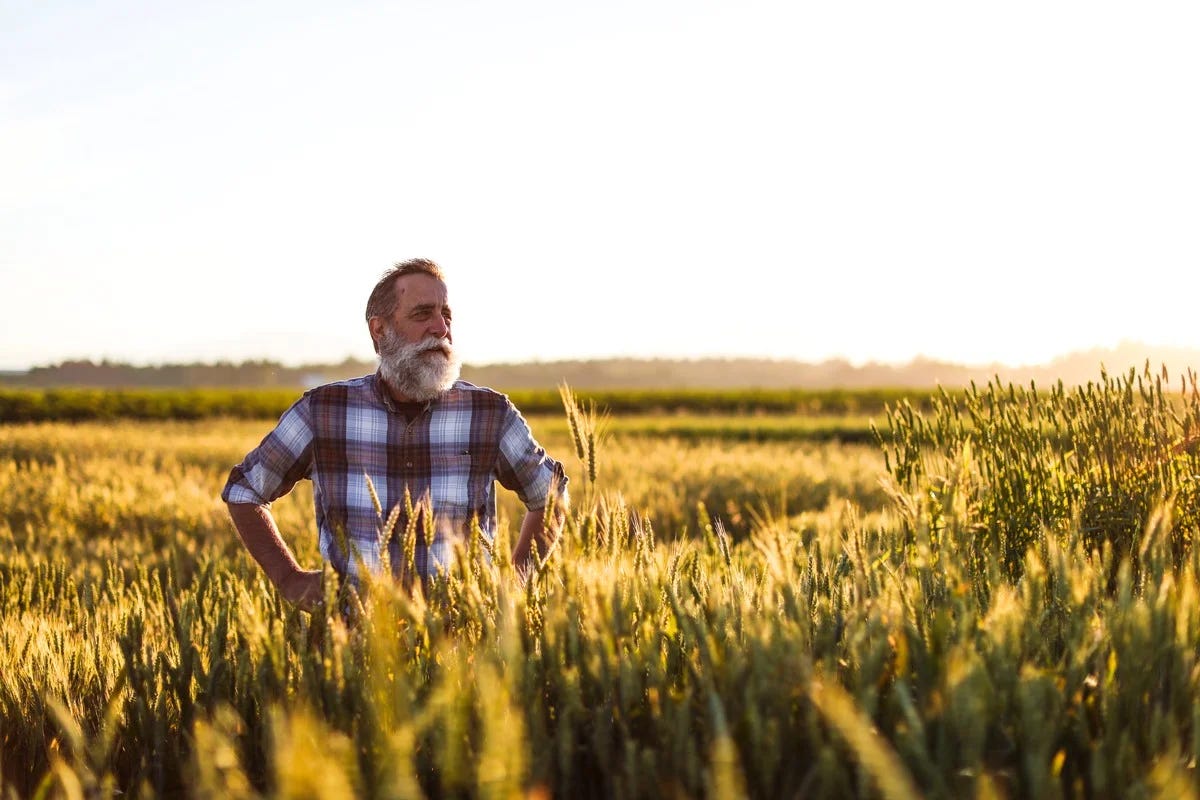

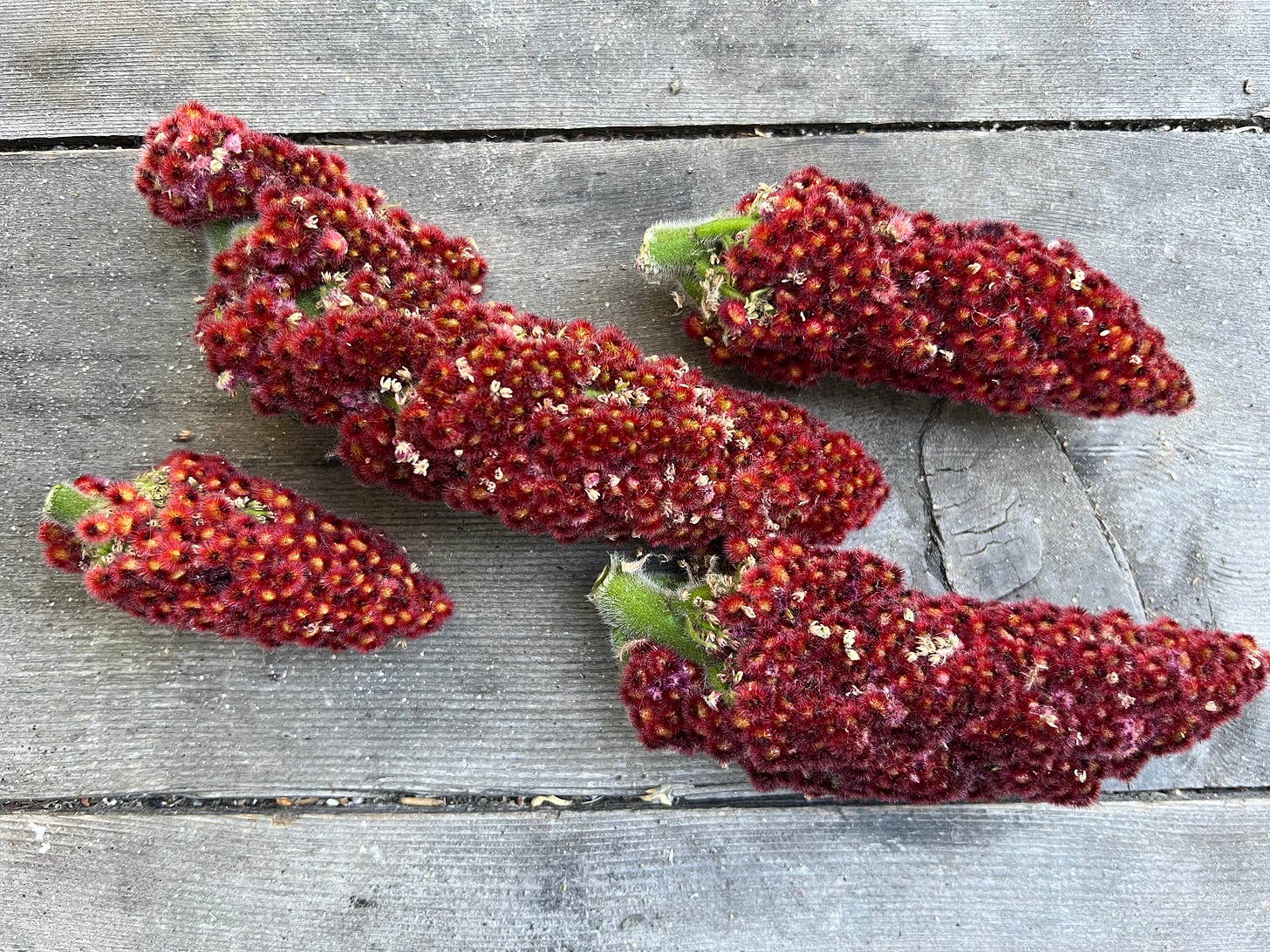

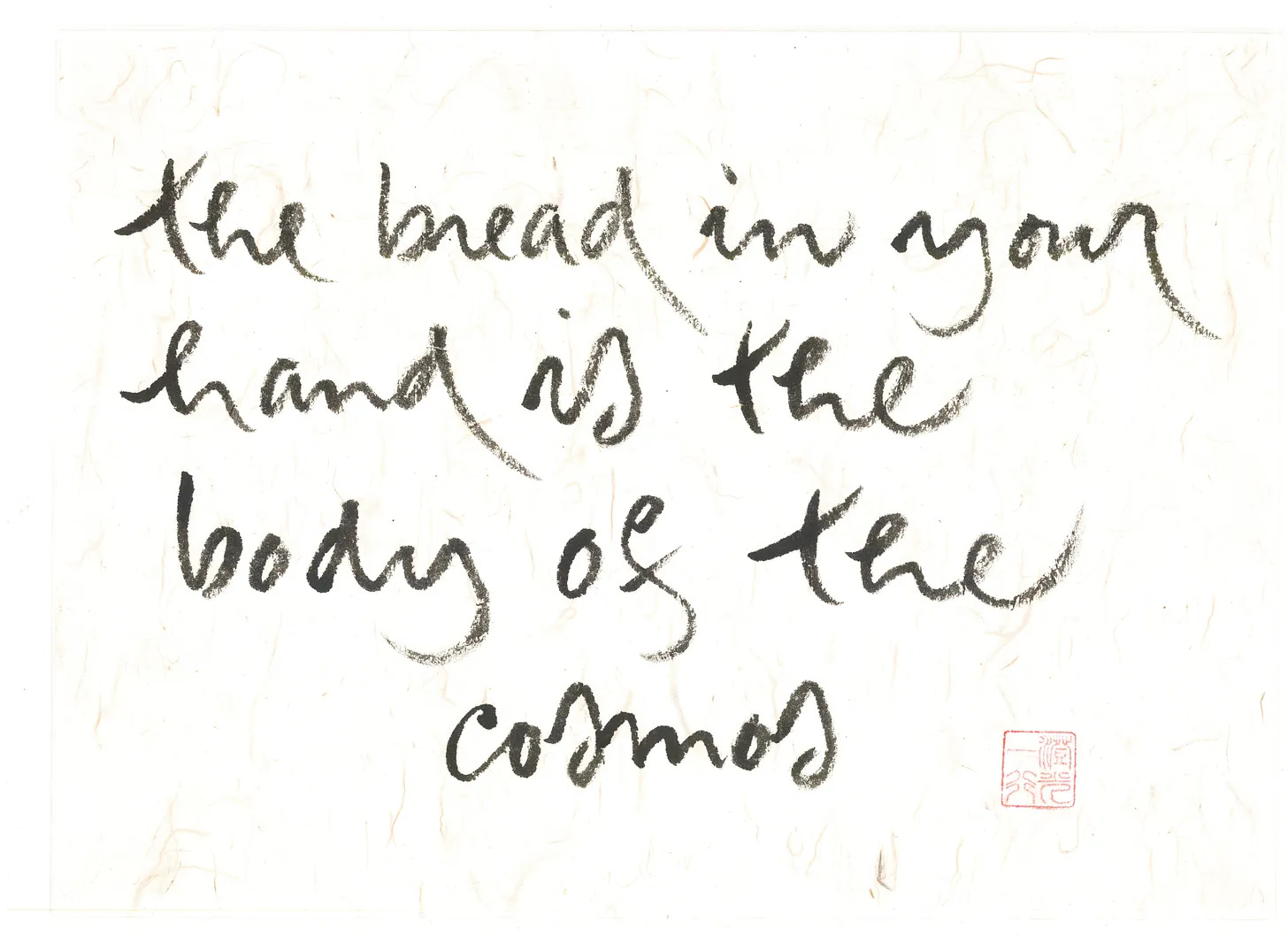
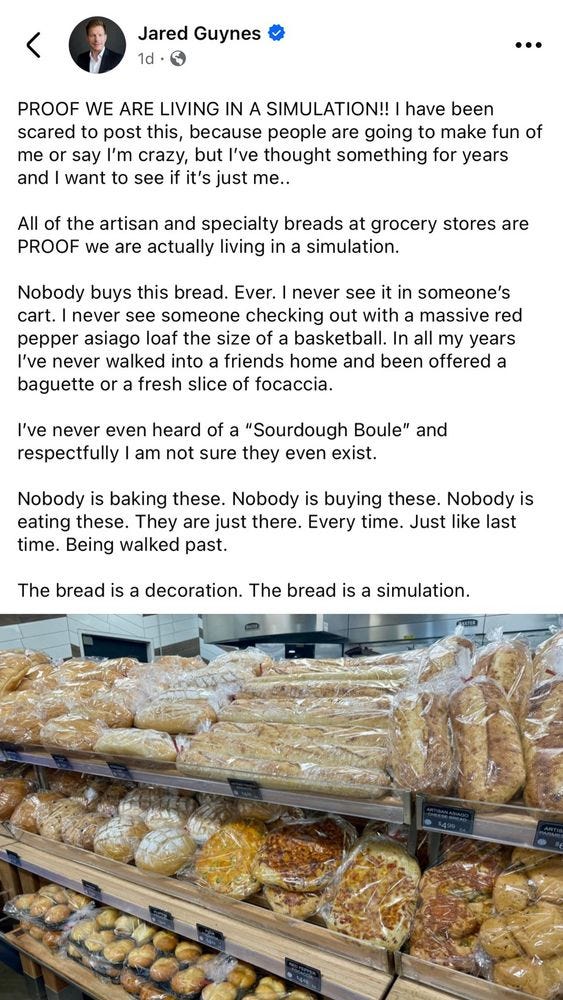
Hi Andrew, thank you for the article on Breadlab. I wanted to call out Chimacum Valley Grainery. They collaborate with WSU and produce wonderful flours. I live close by them on the Olympic Peninsula and I am able to pick up freshly ground grains. I highly recommend checking them out.
Thanks so much for sharing my post, Andrew!